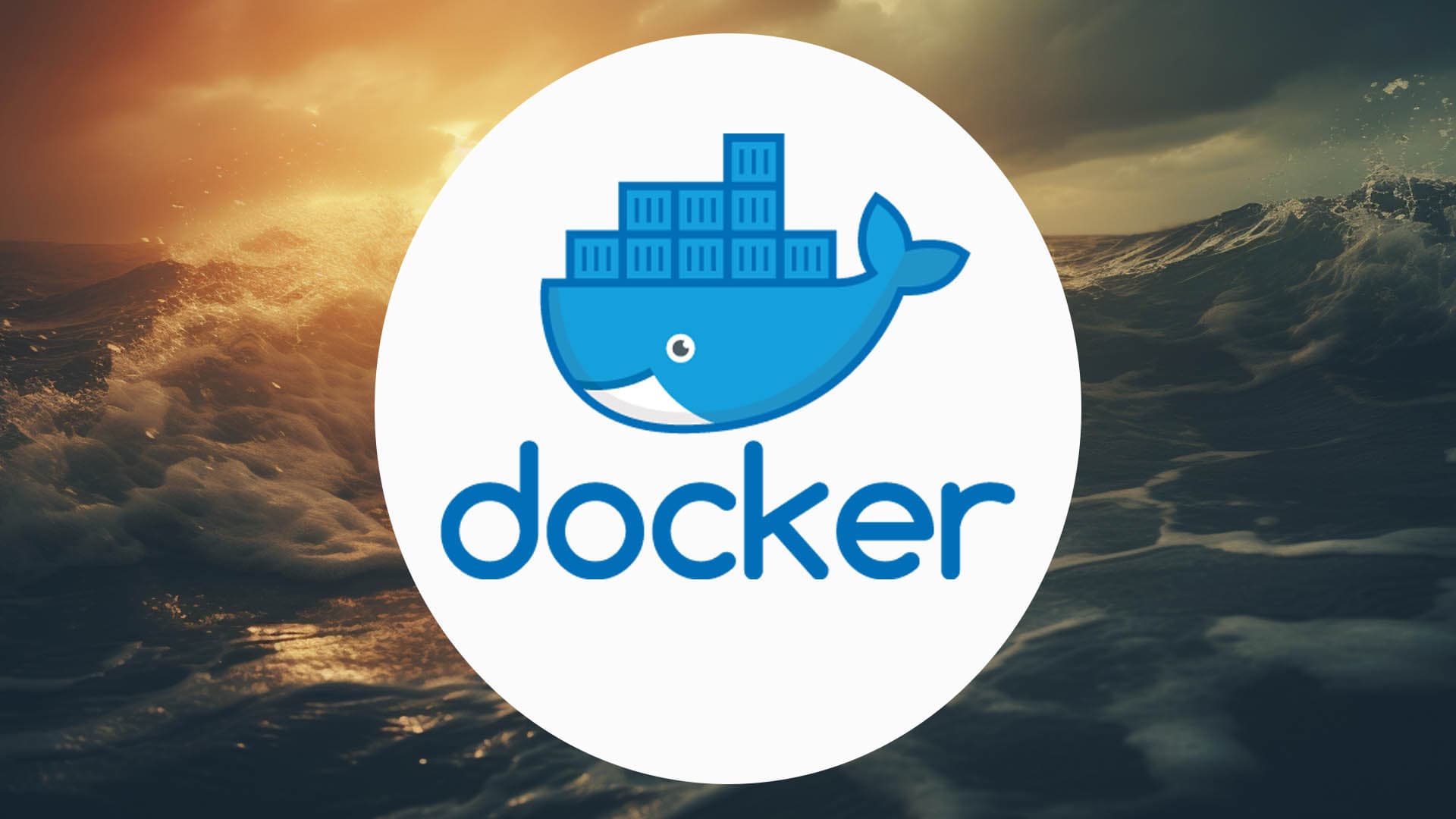5 Exciting Projects & Tools to Discover in 2023
Here are five exciting new projects and tools to keep an eye on for 2023. The criteria for these are as follows:
- First, these are projects that I'm really excited about using… someday.
- Second, projects that, for one reason or another, are not quite ready for prime time.
Let's look at what these projects and tools are trying to solve, to answer the question: Why are they interesting? Let's dive right in.
1. Tauri Mobile
Electron and Cordova have basically the same premise: take web code, bundle it with a browser, and turn it into an application. Electron for Windows and Mac, Cordova for mobile. Neither project is popular with developers. But there is an increasingly popular tool that targets the same use case.
The first tool is called Tauri. It is rapidly gaining traction as an efficient way to build desktop applications using web development tools. It is coded in Rust. Because it doesn't bundle a browser, and because it's based on Rust, it's lighter and more efficient than Electron.
And a month ago, the Tauri team announced that they were working on adding support for mobile platforms as a build target. The feature is still in alpha, and the documentation is … spotty at best.
But Tauri is going from strength to strength, and I'm curious to see how it will impact the mobile development world. Will it go the way of Electron and Cordova? Or will it go the way of React Native? We'll see!
But if it does take off, it might be the perfect project to learn more about programming in Rust. And so the first project I will be keeping an eye on is Tauri's mobile capabilities.
2. Partytown
I have a problem. I'm greedy. I want my websites to be as fast as possible, but I also want to be able to understand what my users are doing. But all the third-party JavaScript libraries are slowing things down. Even Google's Lighthouse tool tells you not to use Google Analytics.
However, it looks like there may be a solution on the way.
The problem with third-party scripts like Google Analytics is that while the browser is busy interpreting their code, it's slowing down the rest of the page. Everything is competing for the same resources. What if there was a way to separate the two, like running third-party scripts in a separate thread?
This is the promise of the second tool, Partytown. It moves third-party scripts to be managed by web workers, which is effectively like running them in a separate thread.
This has its challenges, of course, because third-party scripts expect to be able to interact with the browser's "main thread". And the tool still has some rough edges, which is why it is still in beta.
However, as the tool matures, I think I will be using it as a way to lighten the load on my web pages and speed them up. We'll see how it goes.
3. n8n
Another world that fascinates me is that of low or no-code solutions.
I've recently discovered a strange beast: a no-code solution that you can code. Or, to put it another way, open source workflow automation. This tool, the third on our list, is called n8n. It is an alternative to Zapier or Automate.io that you can host on your servers and extend. Basically, a no-code solution that you can code.
I'm very tempted to set this up at work to get my… less tech-savvy colleagues off my back.
Will it be safer and faster to code the automation instead of running them through n8n? Probably. I'll keep an eye on it to see if there are any use cases where it might fit.
4. Mitosis
Another weird and wonderful tool I will be keeping an eye on is actually from the same company as Partytown and Qwik. The fourth project on the list is called Mitosis. It promises to create components you can compile into frameworks like React, Solid, Svelte, and more.
However, it looks like it is still in the early stages.
Since I'm dabbling in so many frameworks for the sake of the channel, I wonder if it might be worth keeping an eye on. In any case, I find the concept fascinating. We'll see if I can find a good use case for it.
Key Takeways
Of all the applications on my computer, the one where I spend most of my time, after Visual Code and the browser, is the Terminal. And I've recently discovered a tool called Warp. It's not yet available on PC or Linux, which explains its inclusion in this list. Warp is coded in Rust and adds useful functionality to the terminal. For example, when using git, it displays an auto-complete based on which files have been modified. It's very customizable. You can add workflows to it. I'm still learning what it can do, but it offers interesting improvements to one of the mainstays of my development workflow.
And if you're following me at all — and you should be — you know that I'm all about the quality of the developer experience.
Will any of these become part of your workflow or toolset? Let me know if they do!
We help you better understand software development. Receive the latest blog posts, videos, insights and news from the frontlines of web development



